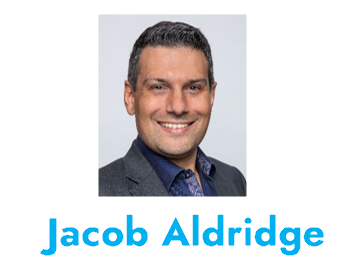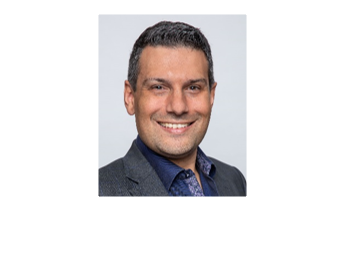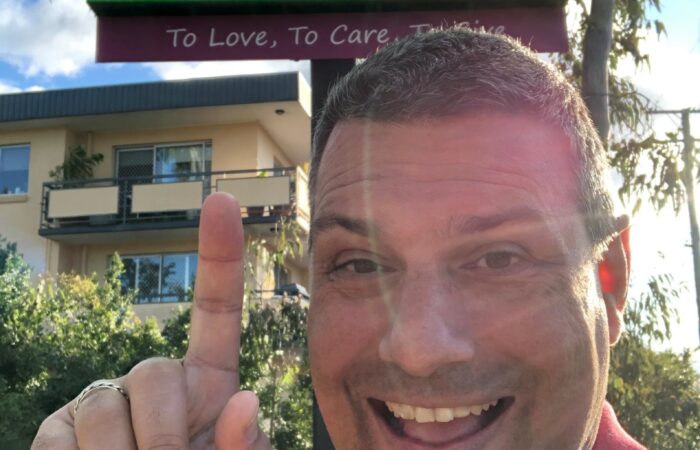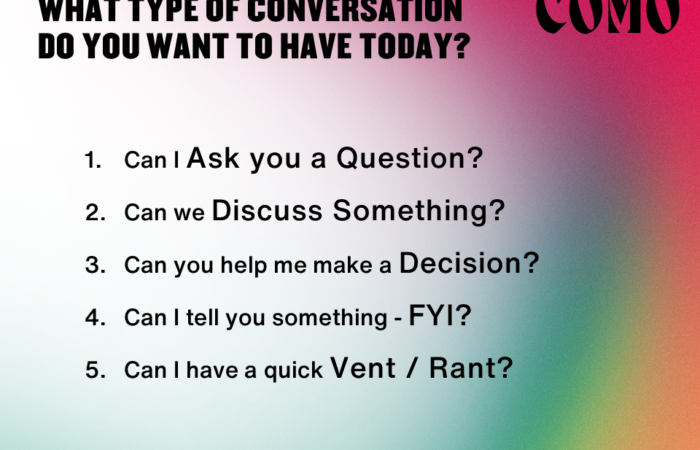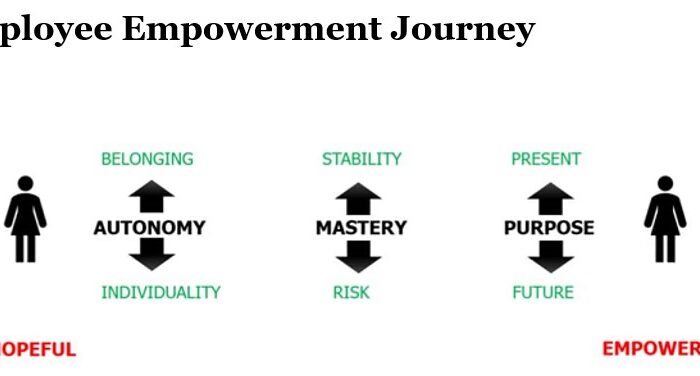I’ve selected a handful of heuristics in my life that I credit with making me happy(ier). Here’s one of the big ones: Never Run for Public Transport.
I developed this decision-making framework in my final year of university. (That was a happy year for a lot of reasons, but I don’t want to digress). Brisbane has a pretty good transport network, and I lived with no licence an hour (train + bus) from campus. I caught a lot of trains.
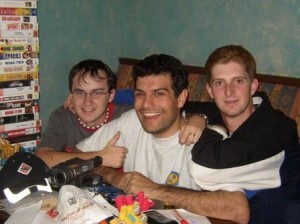
It’s easy in those situations to see time spent waiting as time wasted. Why not run from the Mall to Central to save 15 minutes on a platform? And what could possibly be worse than seeing the train doors close when you knew you could have made it?
What could possibly be worse? Wasting time thinking about all that stuff! So I set the very firm rule – I would never again run for public transport, which by extension means I will never again have to think about whether to run or not. Even when the train is on the platform. Even when I’m in Germany.
I can’t tell you how many times people, even when out with friends, have rushed past me hurriedly only for me to stroll onto the train anyway. And I can’t stress enough how much more relaxed I am, even today when I catch public transport more infrequently, compared to the previous ‘will I or won’t I?’ state.
Why stress. There will always be another train.
Metaphor, Deep
This isn’t meant as a metaphor, though I can see how it acts as one for other (much larger decisions). As a property investor and portfolio entrepreneur I create and am introduced to a lot of opportunities. So too are those around me, and it can be hard to say no to great opportunities because the timing or gut feel just isn’t right for you.
I have another saying that helps me, and my team, through these moments: In my experience, the Opportunity of a Lifetime shows up about Once a Month.
There will always be another train.
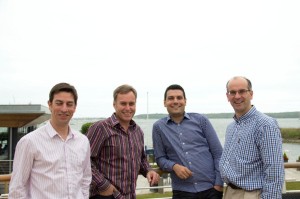
Postscript: In 2012 I read The Black Swan while travelling with my beautiful wife. I loved it, and I found it supported a lot of the heuristics I had learnt studying formal logic or just being alive. Many of those approaches are causes of frustration for my beautiful wife, so she wasn’t a fan of the book or the validation I took from it. And just when we thought Nassim Nicholas Taleb couldn’t be any more like Jacob Aldridge, I read his final chapter: about never running for public transport.
If you leave me, can I come too…? Click here to subscribe to my infrequent updates
If you’re Dustin Curtis, you should follow me on Twitter here.
And please tell your friends: Sharing is Caring
